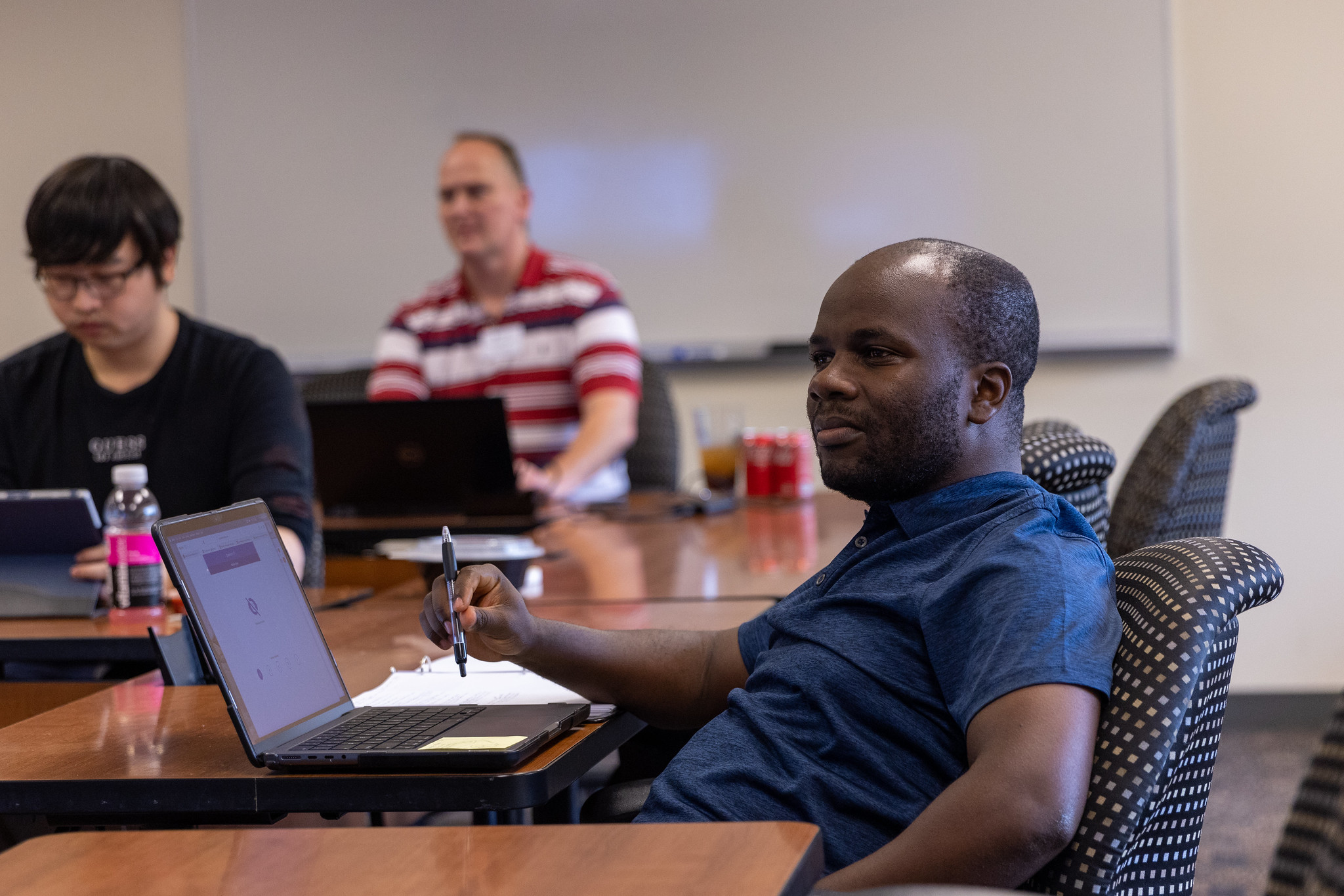Preparing for a medical school interview can be one of the more stressful aspects of the medical school admissions process, but it represents an excellent opportunity for applicants to make themselves stand out. During the interview, applicants will be asked many different questions that cover topics from their decision to pursue medical sciences to the intricacies of the U.S. healthcare system. In order to learn more about the medical school interview process, we spoke to Dr. Blair Nelson, the program director of the M.S. in Medical Sciences program at Bethel University.
Dr. Nelson has been mentoring premed students on the medical school application process for over two decades. As a former ER doctor, he often had premed students shadow his shifts. He also mentored students through MedSchoolCoach, a medical school admissions advising platform created by practicing physicians for medical students. Dr. Nelson has an extensive experience in conducting mock interview sessions with students, focusing both on traditional interview material and the newer Multiple Mini Interview (MMI) format.
If you’re a premed student currently engaging in the the medical school admissions process, here are three helpful tips for success as you prepare for your medical school interview.
1) Know your subject matter.
While no two medical school interviews are identical, there are specific questions that are common to these interviews. Current healthcare policy issues, ethical scenarios and how the student would approach these are the basis of the MMI format. This is the part of the process where you have the most control, as you can prepare for the questions before the interview.
As an applicant, you must be prepared to articulate your motivation behind choosing a profession in the medical sciences and why you are applying to this particular school. Additionally,interviewers will also expect you to be able to describe your strengths and weaknesses plainly.
2) Practice is key.
If you find it hard to articulate your skills and experiences in an interview, Dr. Nelson suggests enlisting the help of friends and family to help you practice answering common questions. Another helpful tip is to record yourself answering interview questions and review the recordings afterwards.
Educational institutions also often offer resources for students such as mock interview sessions. According to Dr. Nelson, mock interview sessions with professionals who are familiar with the medical school interview process is the best preparation.
However, he does not recommend scripting answers to the questions as this can create a robotic tone that could come across as unapproachable. Instead, make an outline of key items you would like to mention in each answer.
3) Stand out by thinking outside the box.
Medical interviews see thousands of applicants every year. Many medical school applicants center their personal statements on why they want to become doctors. The most common answers interviewers get to the question about motivation is that applicants have an interest in health sciences, or that they want to help others by being a medical professional.
While these answers are not inherently wrong, they do not provide insight into your unique qualities. Dr. Nelson encourages the premed students he coaches to think outside the box when answering common questions in order to stand out to the interviewers. A good example is to formulate a personal statement around the perspective of why you would make a good doctor. In this, you can describe the steps you would take to become the best physician for your patients and reference your unique skills and experiences to make it happen.
It is vital that premed students start their application process early and stay organized. For those who experience anxiety in their preparation, asking for help and leaning on professors, advisors, and peers is one way to mitigate that anxiety.
Bethel’s M.S in Medical Science curriculum parallels the first year of medical school, helping graduates outperform their medical school peers. With a medical sciences degree, you’ll enhance your credentials for entry into medical school or a variety of other healthcare fields. You’ll gain a competitive advantage that will set your application apart as you seek the next step in your education, and you’ll develop the foundations to pursue an exceptional healthcare career that changes our world for the better.

